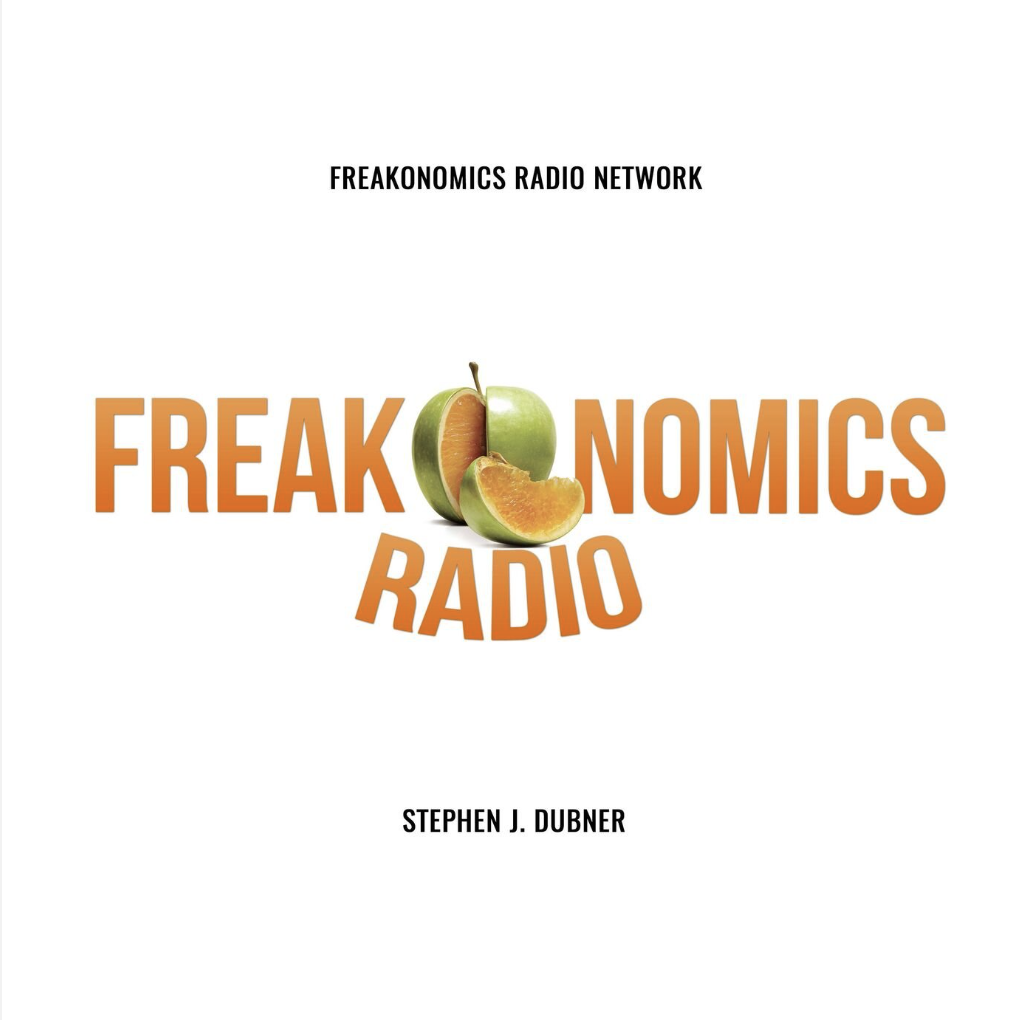COMING TOGETHER THROUGH SHARED SUFFERING

United in defeat
Why do the least successful clubs have the most committed fans? Here, we test the ‘shared-dysphoria-pathway-to-fusion’ (SDPF) hypothesis that fans of the least successful clubs become irrevocably bonded due to the fusion of personal and group identities, resulting from shared self- and club-defining memories of past defeats. From an evolutionary perspective, a psychological mechanism that may have once bound together embattled foraging groups in our ancestral past now works in the modern world to unite soccer fans in their millions.
COLLABORATORS:
Prof Harvey Whitehouse (Univ. Oxford, UK).
OUTPUTS:
Newson, M. (Jan 21, 2021) When football clubs are less successful, fans are more loyal to each other. The Conversation.
Academic publications
Baranowski-Pinto, G., Profeta, V.L.S., Newson, M., Whitehouse, H., & Xygalatas, D. (2022) Being in a crowd bonds people via physiological synchrony. Scientific Reports. DOI: 10.1038/s41598-021-04548-2
Newson, M., Buhrmester, M., & Whitehouse, H. (2021) United in Defeat: Shared suffering and group bonding among football fans. Managing Sport & Leisure. DOI: 10.1080/23750472.2020.1866650
Whitehouse, H., Jong, J., Buhrmester, M., Gomez, A., Bastian, B., Kavanagh, C., Newson, M., Matthews, M., Lanman, J. A., McKay, R. & Gavrilets, S. (2017). The evolution of extreme cooperation via shared dysphoric experiences. Scientific Reports. DOI: 10.1038/srep44292
Newson, M., Buhrmester, M., Whitehouse, H. (2016). Explaining lifelong loyalty: The role of identity fusion and self-shaping group events. PLoS one. DOI: 10.1371/journal.pone.0160427



